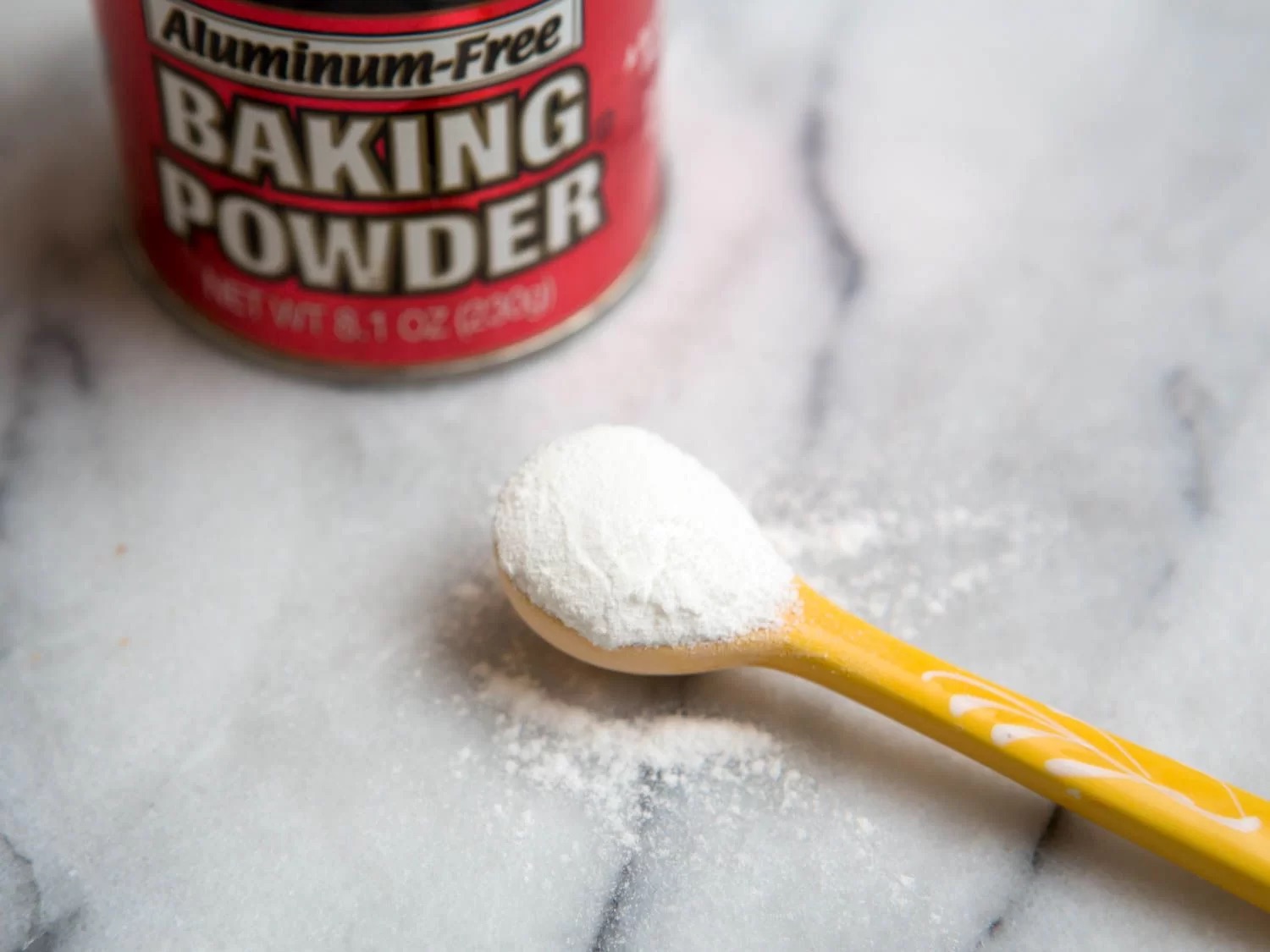

Articles
How To Store Baking Powder
Modified: December 7, 2023
Learn the best ways to store baking powder to keep it fresh and effective for all your baking needs. Read our informative articles for useful tips and techniques.
(Many of the links in this article redirect to a specific reviewed product. Your purchase of these products through affiliate links helps to generate commission for Storables.com, at no extra cost. Learn more)
Introduction
Baking powder is a staple ingredient in the kitchen, used to leaven baked goods and create a light and fluffy texture. It is a combination of an acid, usually cream of tartar, and a base, typically baking soda, along with a stabilizer. When these ingredients are combined with moisture and heat, they release carbon dioxide gas, causing the dough or batter to rise.
Proper storage of baking powder is crucial to maintain its efficacy and ensure the success of your recipes. Improper storage can lead to the loss of leavening power and result in flat and dense baked goods. In this article, we will explore the importance of storing baking powder correctly and provide you with essential tips to maximize its shelf life.
Key Takeaways:
- Proper storage of baking powder is essential to maintain its leavening power and ensure light, fluffy baked goods. Factors like moisture, heat, and air exposure can impact its shelf life, so follow the tips to maximize freshness.
- Checking the freshness of baking powder is crucial for successful baking. Use visual, smell, reactivity, and vinegar tests to ensure its potency. Prioritize a dry environment and airtight containers for optimal results.
Read more: How To Store Baking Powder Long Term
What is Baking Powder?
Baking powder is a leavening agent commonly used in baking to create light and fluffy textures in cakes, cookies, muffins, and other similar treats. It is a dry mixture of three main ingredients: an acid, a base, and a stabilizer.
The acid in baking powder is typically cream of tartar, while the base component is usually baking soda (sodium bicarbonate). When the baking powder is combined with moisture and heat during the baking process, a chemical reaction occurs. The acid reacts with the base, releasing carbon dioxide gas. This gas becomes trapped in the batter or dough, causing it to rise and create the desired air pockets. The stabilizer, such as cornstarch, is added to prevent the acid and base from reacting prematurely.
Baking powder is different from baking soda, although they both help leaven baked goods. Baking soda is a stand-alone ingredient that needs an acidic component to activate it. Baking powder, on the other hand, already contains both the acid and base needed for the leavening process, making it more convenient to use in recipes that don’t already contain an acidic ingredient.
It is important to note that baking powder has a limited shelf life, and its effectiveness can diminish over time if not stored properly. The moisture, heat, and exposure to air can affect its leavening power. Therefore, understanding how to store baking powder correctly is crucial to ensure the best results in your baking endeavors.
Why Proper Storage is Important
Proper storage of baking powder is essential to maintain its effectiveness and ensure successful baking results. Here are a few reasons why it’s important to store baking powder correctly:
1. Prolongs Shelf Life: Baking powder has a limited shelf life, typically ranging from 6 months to a year, depending on the brand. By storing it properly, you can extend its freshness and usability.
2. Maintains Leavening Power: Baking powder’s leavening power comes from the reaction between the acid and base. Improper storage, such as exposure to moisture, heat, or air, can cause the ingredients to deteriorate, resulting in a loss of leavening power. This can lead to flat and dense baked goods.
3. Ensures Consistent Results: Using fresh and properly stored baking powder ensures consistent results in your baking. It helps your recipes rise properly, resulting in light and fluffy textures.
4. Saves Money: When baking powder loses its leavening power, you may need to use more to achieve the desired results. By storing it correctly, you can maintain its effectiveness and avoid unnecessary waste.
5. Avoids Contamination: Proper storage helps safeguard the baking powder from potential contaminants in the kitchen, such as moisture, odors, and airborne particles. This ensures the purity of the baking powder and prevents any off-flavors or undesirable results in your baked goods.
To have the best possible baking experience, it’s important to prioritize proper storage practices for your baking powder. By following the tips outlined in the next sections, you can ensure that your baking powder remains fresh, potent, and ready to help you create delicious treats in your kitchen.
Factors That Affect Baking Powder’s Shelf Life
Several factors can influence the shelf life and effectiveness of baking powder. Understanding these factors will help you make informed decisions about how to store your baking powder properly. Here are the key factors that can impact the shelf life of baking powder:
1. Moisture: Moisture is the biggest enemy of baking powder. When exposed to humidity, baking powder can absorb moisture from the air and lose its leavening power. It can clump together and become less effective. Therefore, it’s crucial to keep baking powder dry to maintain its shelf life.
2. Exposure to Air: Baking powder can react with the air, especially when there are fluctuations in temperature and humidity. This exposure can lead to a gradual loss of its leavening power. It’s important to minimize air exposure and seal the container tightly after each use.
3. Heat: High temperatures can accelerate the chemical reaction within the baking powder, causing it to lose its effectiveness faster. Storing baking powder in a cool environment, away from heat sources like ovens and stovetops, is essential for maintaining its leavening power.
4. Contamination: Baking powder can easily absorb odors and flavors from its surrounding environment. Storing it near strong-smelling substances, such as spices or cleaning chemicals, can impact the taste and overall quality of your baked goods. It’s important to store baking powder in a separate, odor-free location.
5. Age: Baking powder does have a limited shelf life even when stored correctly. Over time, its leavening power gradually diminishes, resulting in less effective results. While proper storage can help extend its freshness, it’s essential to check the expiration date and replace old baking powder when necessary.
By understanding these factors, you can take the necessary steps to store your baking powder properly and maintain its effectiveness. In the next sections, we will explore some specific tips for storing baking powder in a way that maximizes its shelf life.
Proper Storage Tips
To ensure the longevity and effectiveness of your baking powder, follow these essential storage tips:
1. Store in a Dry Environment: Moisture is the biggest enemy of baking powder. Keep it in a dry environment, away from any source of humidity or moisture. Avoid storing it near sinks, dishwashers, or any other area prone to water exposure.
2. Use Airtight Containers: Transfer your baking powder to airtight containers to minimize exposure to air. Airtight containers, such as glass jars or plastic containers with secure lids, will keep moisture and air out and maintain its potency.
3. Avoid Exposure to Moisture: Ensure that the container is tightly sealed to prevent moisture from getting in. If using the original packaging, ensure the seal is intact. Avoid using a wet measuring spoon or directly pouring the baking powder into wet ingredients to prevent accidental moisture contamination.
4. Keep Baking Powder Away from Heat and Light: Store baking powder in a cool, dark place to prevent exposure to heat and light. Heat and light can accelerate the degradation of the baking powder’s effectiveness. Avoid storing baking powder near the stove, oven, or any other heat source.
5. Separate from Strong-Smelling Substances: Baking powder can absorb odors and flavors easily. Keep it away from strong-smelling substances like spices, cleaning chemicals, and pungent foods. Store it in a separate area to maintain its purity and prevent any off-flavors.
6. Check for Freshness: Baking powder does have an expiration date. Periodically check the date on the container and discard any baking powder that has surpassed its recommended shelf life. Using old or expired baking powder may result in flat baked goods.
By following these proper storage tips, you can extend the shelf life of your baking powder and ensure its potency when you need it for your culinary creations. Remember to also check the expiration date periodically to maintain the freshness and quality of your baking powder. With these storage practices in place, you can confidently create delicious and perfectly leavened baked goods every time.
Read more: How To Store Gun Powder
Storing Baking Powder in a Dry Environment
Ensuring a dry environment is crucial for keeping baking powder fresh and effective. Here are some tips to store baking powder in a dry environment:
1. Choose the Right Storage Location: Find a cool and dry location in your kitchen to store your baking powder. Avoid areas that are prone to moisture, such as near sinks or windows. A pantry or cabinet away from water sources is an ideal spot.
2. Avoid Storing in the Refrigerator: While it’s important to store baking powder in a cool place, the refrigerator is not the best option. The moisture in the refrigerator can cause clumping and affect its leavening power. Stick to a cool, dry pantry for storage.
3. Consider a Desiccant: A desiccant can help absorb excess moisture in the storage area. Silica gel packets, often found in packaging for certain products, are a good option. Place a desiccant packet in the container with the baking powder to help maintain a dry environment.
4. Monitor Humidity Levels: If the humidity in your home is consistently high, consider using a dehumidifier in the kitchen area to control moisture levels. This will help create a more suitable environment for storing baking powder.
5. Opt for Sealed Storage Containers: Transfer your baking powder to airtight containers to ensure maximum protection against moisture. Glass jars with screw-top lids or plastic containers with secure seals are excellent options for maintaining a dry environment.
6. Avoid Repeated Opening and Closing: Limit the number of times you open the container to prevent exposing the baking powder to excess air and moisture. Only open it when you need to measure out the required amount for your recipe.
7. Check for Clumping: Periodically inspect the baking powder for any signs of clumping or moisture absorption. If you notice any clumps or hardened areas, it’s a sign that moisture has entered the container. Discard the affected baking powder and replace it with a fresh batch.
By prioritizing a dry environment for your baking powder storage, you can help maintain its leavening power and ensure successful baking results. Keeping it away from moisture and using proper storage containers will go a long way in preserving its freshness and efficacy.
Store baking powder in a cool, dry place away from moisture and heat. Keep it tightly sealed to prevent clumping and degradation. Check the expiration date for freshness.
Using Airtight Containers
Choosing the right storage container is crucial for preserving the freshness and effectiveness of baking powder. Using airtight containers will help prevent moisture and air exposure, ensuring the longevity of the leavening power. Here are some points to consider when using airtight containers for storing baking powder:
1. Select Suitable Containers: Look for containers that have airtight seals to prevent air and moisture from entering. Glass jars with screw-top lids, plastic containers with secure seals, or metal tins with tight-fitting lids are all good options for storing baking powder.
2. Transfer Baking Powder: If your baking powder comes in a cardboard box or a paper bag with a loose seal, it’s best to transfer it to an airtight container. This will provide better protection against moisture and air exposure.
3. Seal the Container Properly: Ensure that the container is tightly sealed after each use. Double-check the lid or closure to make sure it’s secure, leaving no gaps for air or moisture to enter. This will help maintain the freshness and efficacy of the baking powder.
4. Label the Container: Neatly label the container with the date of transfer or the expiration date of the baking powder. This will help you keep track of its freshness and ensure that you are using it within the recommended time frame.
5. Store in a Cool, Dark Place: Place the airtight container in a cool and dark area, away from direct sunlight and heat sources. Heat and light can degrade the baking powder’s effectiveness, so it’s important to protect it from these elements.
6. Avoid Overfilling: Leave some headspace in the container to accommodate any expansion of the baking powder due to temperature changes. Additionally, leaving space allows for easy measurement and prevents any accidental spillage when opening the container.
7. Use Small Containers: It’s advisable to store baking powder in smaller containers rather than one large container. This way, you only open and expose a small portion of the baking powder at a time, reducing the risk of moisture or air contamination.
By using airtight containers, you create a barrier that protects the baking powder from moisture, air, and other contaminants. This ensures that your baking powder stays fresh and potent, ready to provide the desired leavening power for your baked goods. Remember to seal the containers tightly, store them in a suitable environment, and monitor the expiration date to maintain optimal results.
Avoiding Exposure to Moisture
Moisture is one of the biggest culprits when it comes to the degradation of baking powder. It can cause clumping, loss of leavening power, and a shorter shelf life. To maintain the freshness and effectiveness of your baking powder, here are some tips to avoid exposure to moisture:
1. Keep Baking Powder Dry: Before storing baking powder, ensure that it is completely dry. Even a small amount of moisture can affect its quality. If the baking powder has come into contact with any liquid or dampness, it is best to discard it and use a fresh batch.
2. Store Away from Water Sources: Avoid storing baking powder near sinks, dishwashers, or any other areas where water is frequently used. These areas can increase the humidity levels, increasing the risk of moisture exposure. Choose a dry spot in your kitchen or pantry instead.
3. Close Containers Securely: Whether it’s the original packaging or an airtight container, make sure that the lid or closure is tightly sealed. This will help prevent any moisture from entering and compromising the quality of the baking powder.
4. Avoid Measuring with Wet Utensils: When measuring out baking powder, ensure that your measuring spoon or cup is completely dry. Using a wet utensil can introduce moisture to the baking powder, causing it to clump or lose its leavening power.
5. Don’t Pour Baking Powder Into Wet Ingredients: When adding baking powder to your recipes, avoid pouring it directly into wet ingredients. Instead, mix it with the dry ingredients separately before incorporating them into the rest of the recipe. This helps prevent any moisture from coming into contact with the baking powder.
6. Store Moisture Absorbers: Consider adding moisture-absorbing packets, such as silica gel or desiccant packs, to the container with the baking powder. These packs can help absorb any excess moisture, further protecting the baking powder from degradation.
7. Monitor the Storage Environment: Regularly check the storage area for signs of moisture, such as condensation or dampness. If you notice any issues, take immediate action to rectify the problem, whether it’s improving ventilation or relocating the baking powder to a drier area.
By taking these precautions, you can avoid exposure to moisture and ensure that your baking powder stays dry and potent. Remember that even small amounts of moisture can impact the quality of baking powder, so it’s important to be diligent in maintaining a moisture-free storage environment.
Keeping Baking Powder Away from Heat and Light
Proper storage of baking powder involves protecting it from heat and light, as these factors can degrade its effectiveness. Here are some tips to keep your baking powder away from heat and light:
1. Select a Cool Storage Spot: Choose a cool location in your kitchen or pantry to store your baking powder. Avoid areas near stoves, ovens, or any other heat-emitting appliances. Heat can accelerate the chemical reaction within the baking powder, causing it to lose its leavening power.
2. Avoid Direct Sunlight: Sunlight can increase the temperature in the storage area and impact the quality of the baking powder. Keep it away from windows or any other spot where it may be exposed to direct sunlight. Instead, store it in a dark corner or use opaque containers to shield it from light.
3. Keep Baking Powder in Original Packaging: Baking powder often comes in a foil-lined or moisture-resistant container to protect it from heat and light. If the original packaging is intact and has a good seal, it is generally suitable for storage. However, if the packaging is compromised, consider transferring the baking powder to an airtight container.
4. Use Dark or Opaque Storage Containers: If you choose to transfer your baking powder to a different container, opt for dark or opaque containers that block out light. This will offer an additional layer of protection against UV rays that can degrade the baking powder’s effectiveness.
5. Avoid Storing Baking Powder near the Oven: The heat from the oven can transfer to the surrounding area, potentially affecting the quality of the baking powder. Keep it at a safe distance from the oven, ensuring there is sufficient space for air circulation and to maintain a cooler environment.
6. Do Not Store Baking Powder on Top of Appliances: Appliances can generate heat during use, and the heat can rise to the surface on top of them. Avoid storing the baking powder on top of appliances such as refrigerators, microwaves, or toasters.
7. Monitor Temperature Fluctuations: It’s natural for temperatures in the kitchen to fluctuate, but it’s best to avoid extreme temperature changes. Rapid shifts in temperature can impact the baking powder’s efficacy. Try to maintain a stable and cool environment to protect the integrity of the powder.
By taking these precautions and storing your baking powder away from heat and light sources, you can help preserve its leavening power and ensure optimal results in your baking. Remember to maintain a cool and dark storage environment to maximize the shelf life and efficacy of your baking powder.
Read more: How To Store Powder Detergent
Checking Baking Powder for Freshness
To ensure the best results in your baking, it’s important to check the freshness of your baking powder before using it. Over time, baking powder can lose its leavening power, resulting in flat and dense baked goods. Here are some ways to check the freshness of your baking powder:
1. Expiration Date: Start by checking the expiration date on the packaging. Baking powder typically has a shelf life of around 6 months to a year, depending on the brand. If the date has passed, it’s best to replace the baking powder with a fresh batch.
2. Visual Inspection: Examine the baking powder for any physical signs of moisture or clumping. Moisture can cause the baking powder to clump together or form hard lumps. If you see any signs of clumping or moisture absorption, it’s an indication that the baking powder has been compromised and should be discarded.
3. Smell Test: Take a whiff of the baking powder. Fresh baking powder should have a neutral smell. If you detect an off or sour odor, it indicates that the baking powder has lost its effectiveness and should not be used.
4. Perform a Reactivity Test: To test the leavening power of your baking powder, you can perform a simple reactivity test. Add a small amount (about 1/2 teaspoon) of baking powder to a cup of warm water. If the baking powder is fresh, it should react and produce bubbles within a few seconds. If there is no reaction or the reaction is weak, it’s a sign that the baking powder has lost its potency.
5. Perform a Vinegar Test: Another way to check the effectiveness of your baking powder is by performing a vinegar test. Mix a small amount of baking powder with vinegar in a bowl. If the mixture fizzes and produces a bubbling reaction, the baking powder is still active. However, if there is no reaction or the reaction is minimal, the baking powder may have expired.
It’s important to note that even if the baking powder passes these tests, it’s always a good practice to use the freshest baking powder possible for optimal results in your baking. Using old or expired baking powder may lead to disappointing outcomes and flat baked goods.
By checking the freshness of your baking powder and ensuring its effectiveness, you can have confidence in creating light, fluffy, and perfectly risen baked treats. Regularly monitor the expiration date, perform simple tests, and rely on your senses to determine if the baking powder is still fresh and suitable for use.
Conclusion
Proper storage of baking powder is crucial for maintaining its effectiveness and ensuring successful baking results. By following the right storage practices, you can extend its shelf life, preserve its leavening power, and create delicious, light, and fluffy baked goods.
Throughout this article, we have explored the importance of storing baking powder correctly and provided essential tips to maximize its freshness and potency. We discussed the composition of baking powder, its role in leavening baked goods, and why proper storage is necessary.
Factors such as moisture, exposure to air, heat, and light can affect the shelf life of baking powder. By keeping it in a dry environment, using airtight containers, avoiding moisture exposure, and keeping it away from heat and light sources, you can maintain its quality and efficacy.
Additionally, we discussed the importance of periodically checking the freshness of baking powder through visual inspection, smell tests, reactivity tests, and vinegar tests. This ensures that you are using fresh and potent baking powder in your recipes.
Remember, while proper storage can help extend the shelf life of baking powder, it is recommended to check the expiration date and replace it as needed. Using old or expired baking powder may result in disappointing outcomes.
By incorporating these storage practices into your baking routine, you can confidently embark on your culinary adventures, producing delectable creations with perfectly leavened textures. Whether you’re a seasoned baker or just starting, paying attention to the storage of baking powder is a small but significant step towards achieving baking success!
Frequently Asked Questions about How To Store Baking Powder
Was this page helpful?
At Storables.com, we guarantee accurate and reliable information. Our content, validated by Expert Board Contributors, is crafted following stringent Editorial Policies. We're committed to providing you with well-researched, expert-backed insights for all your informational needs.

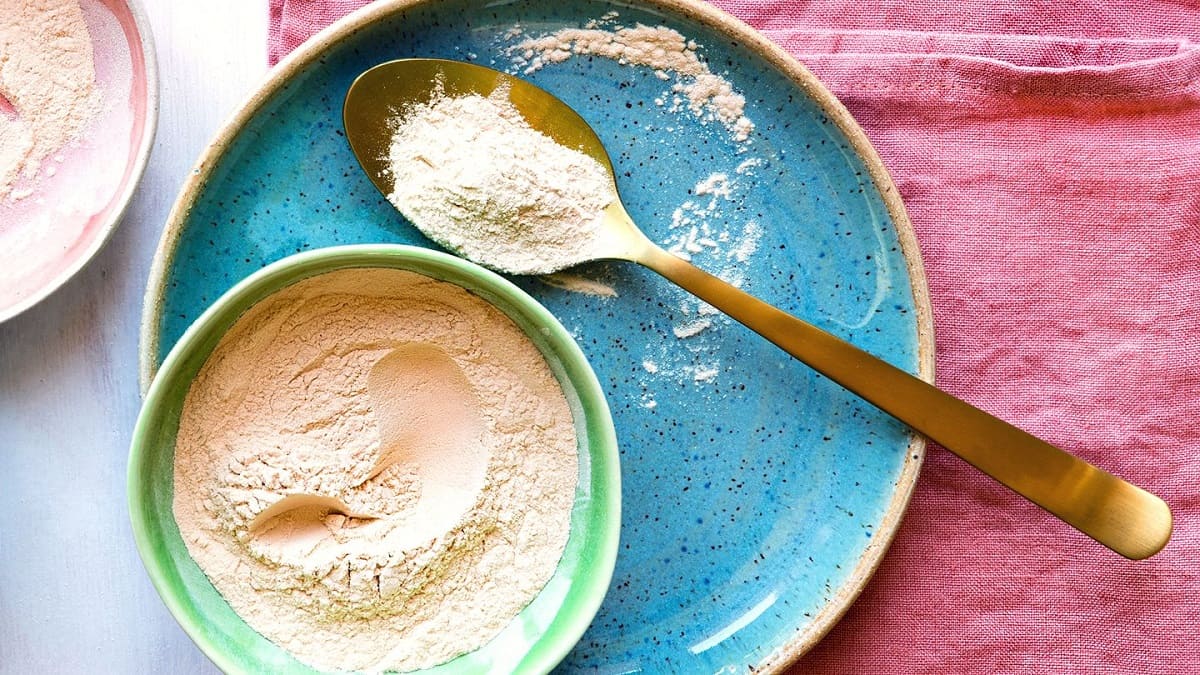
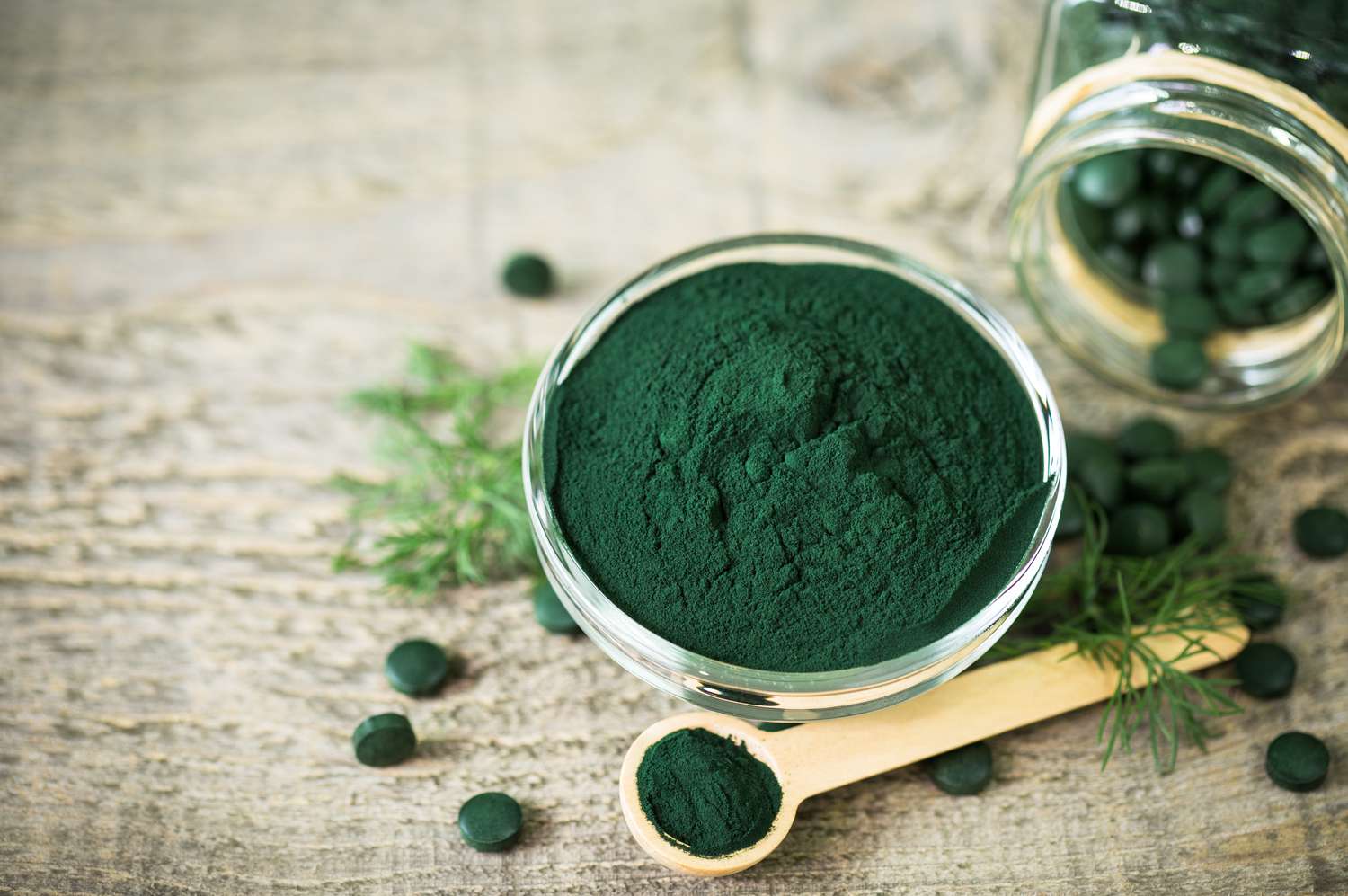
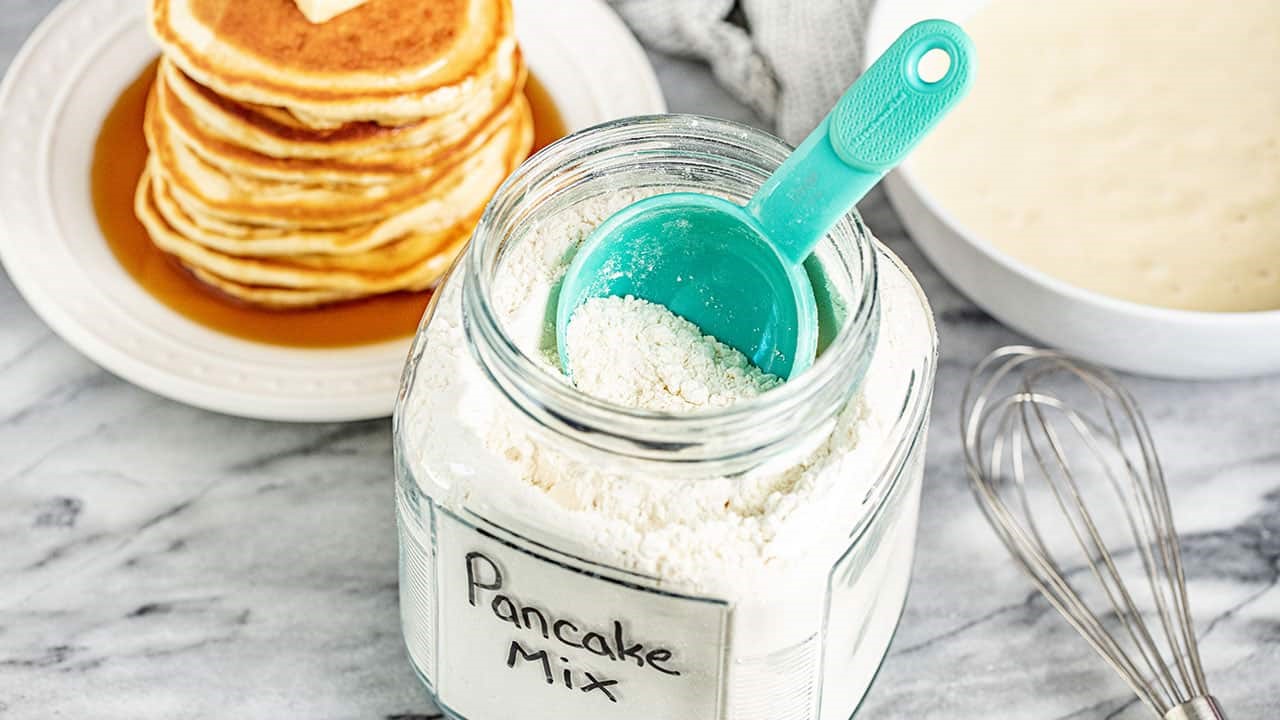
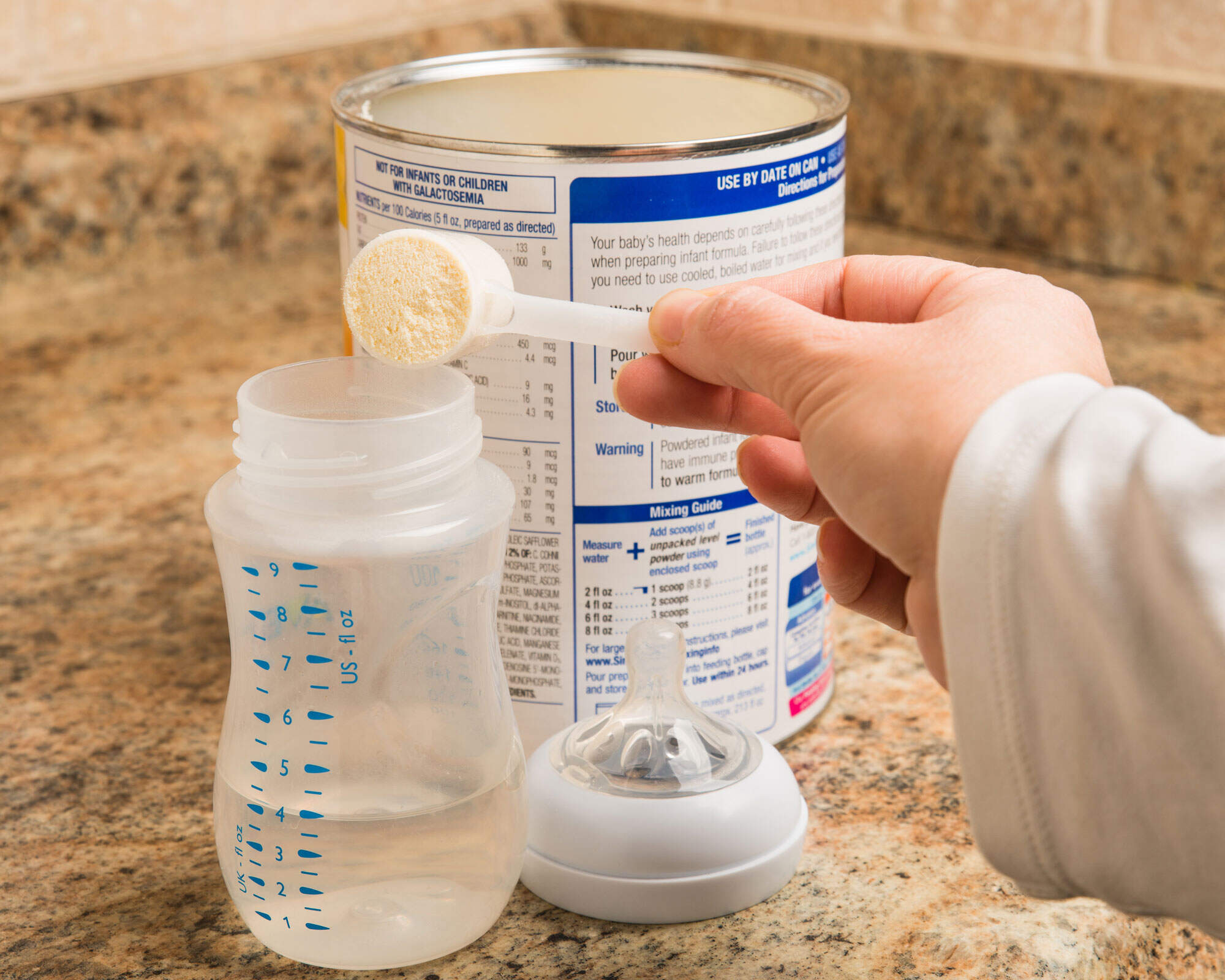
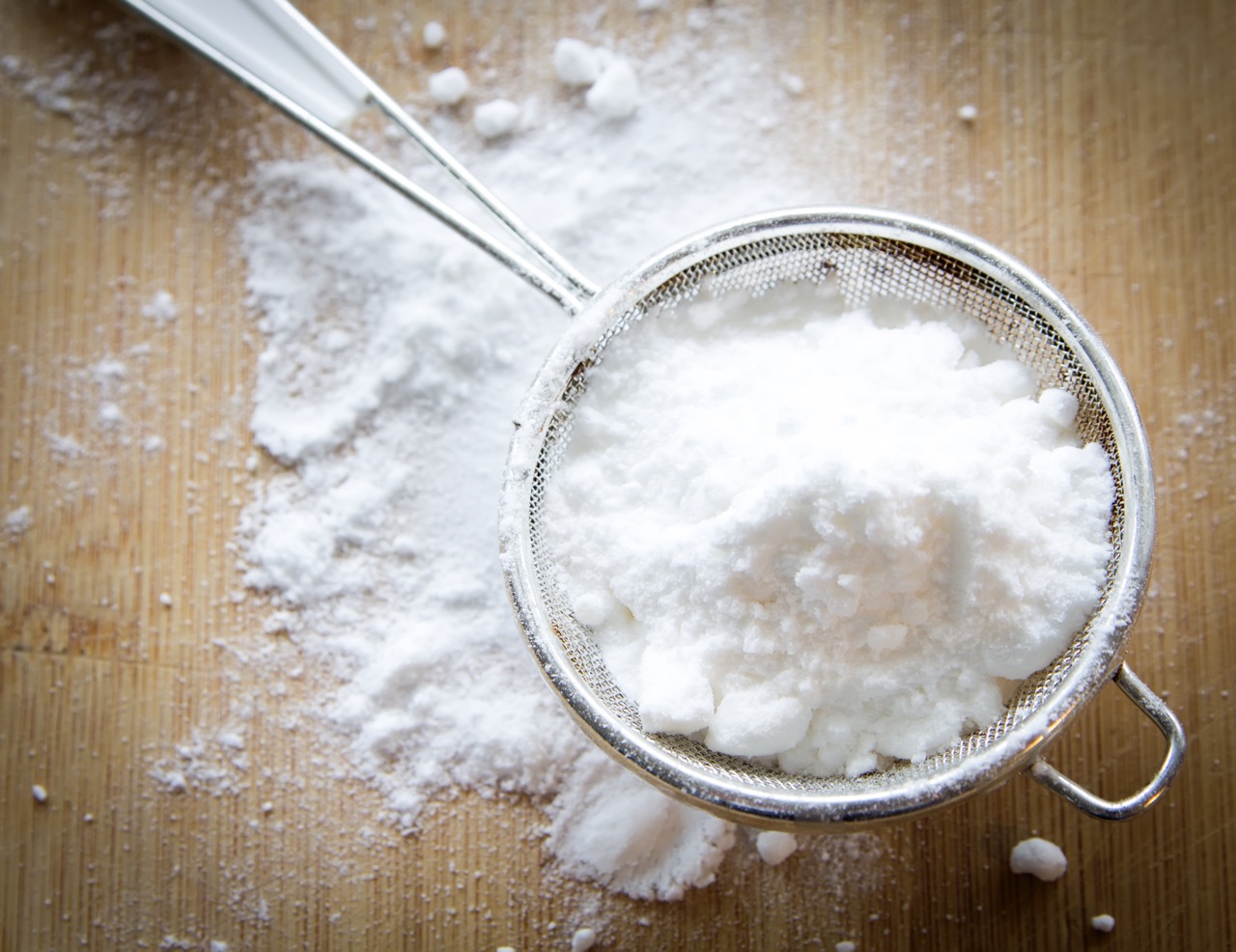
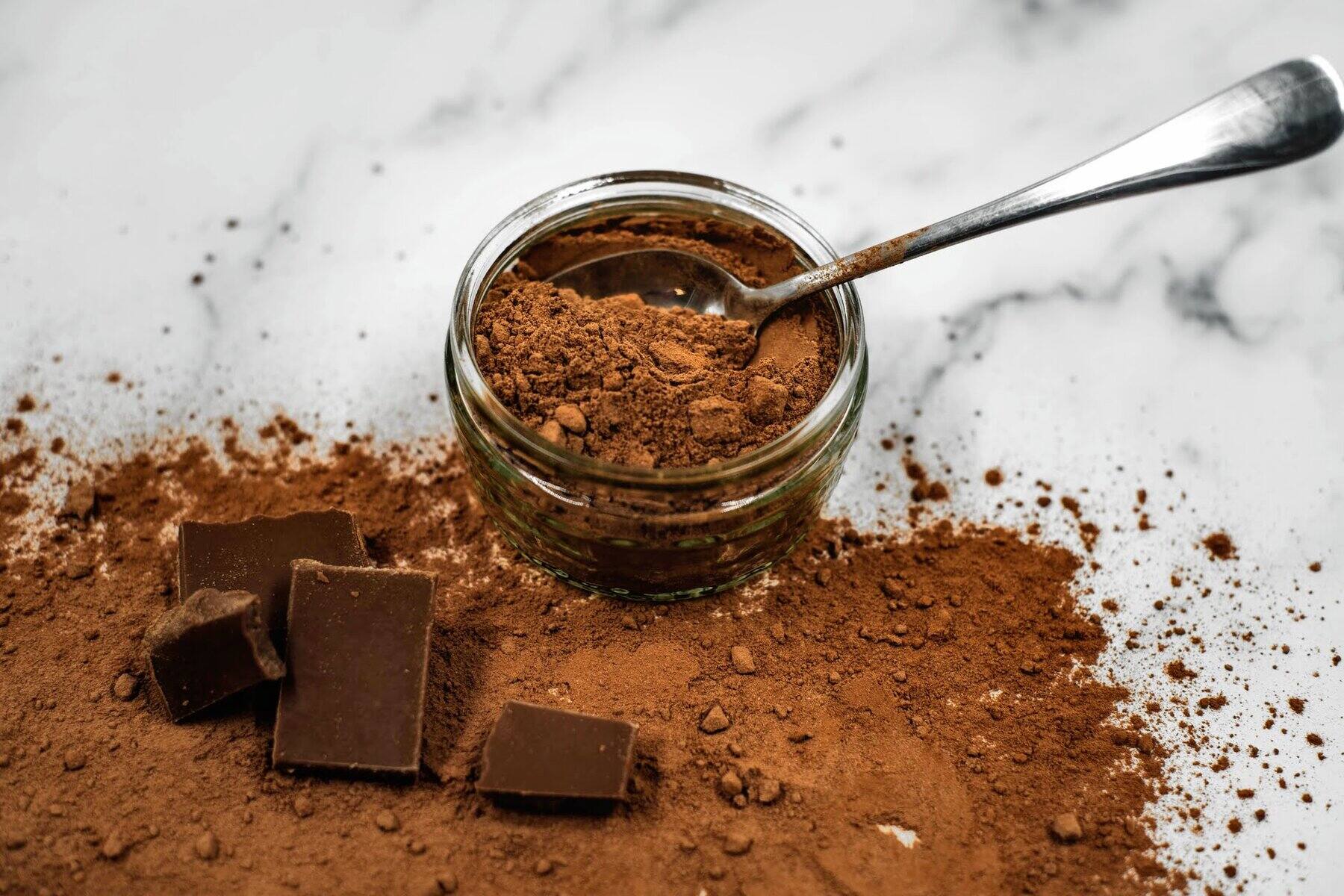
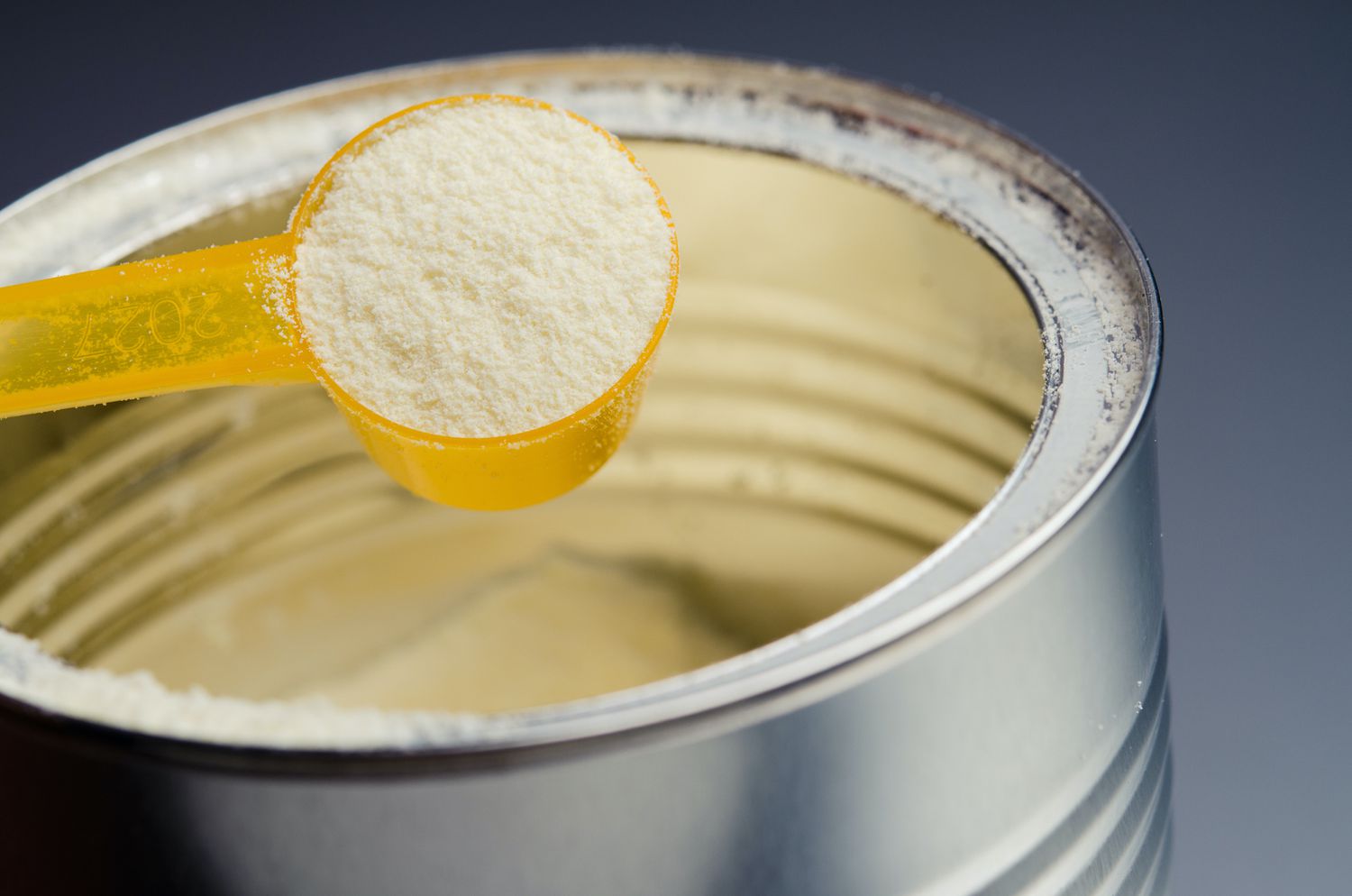
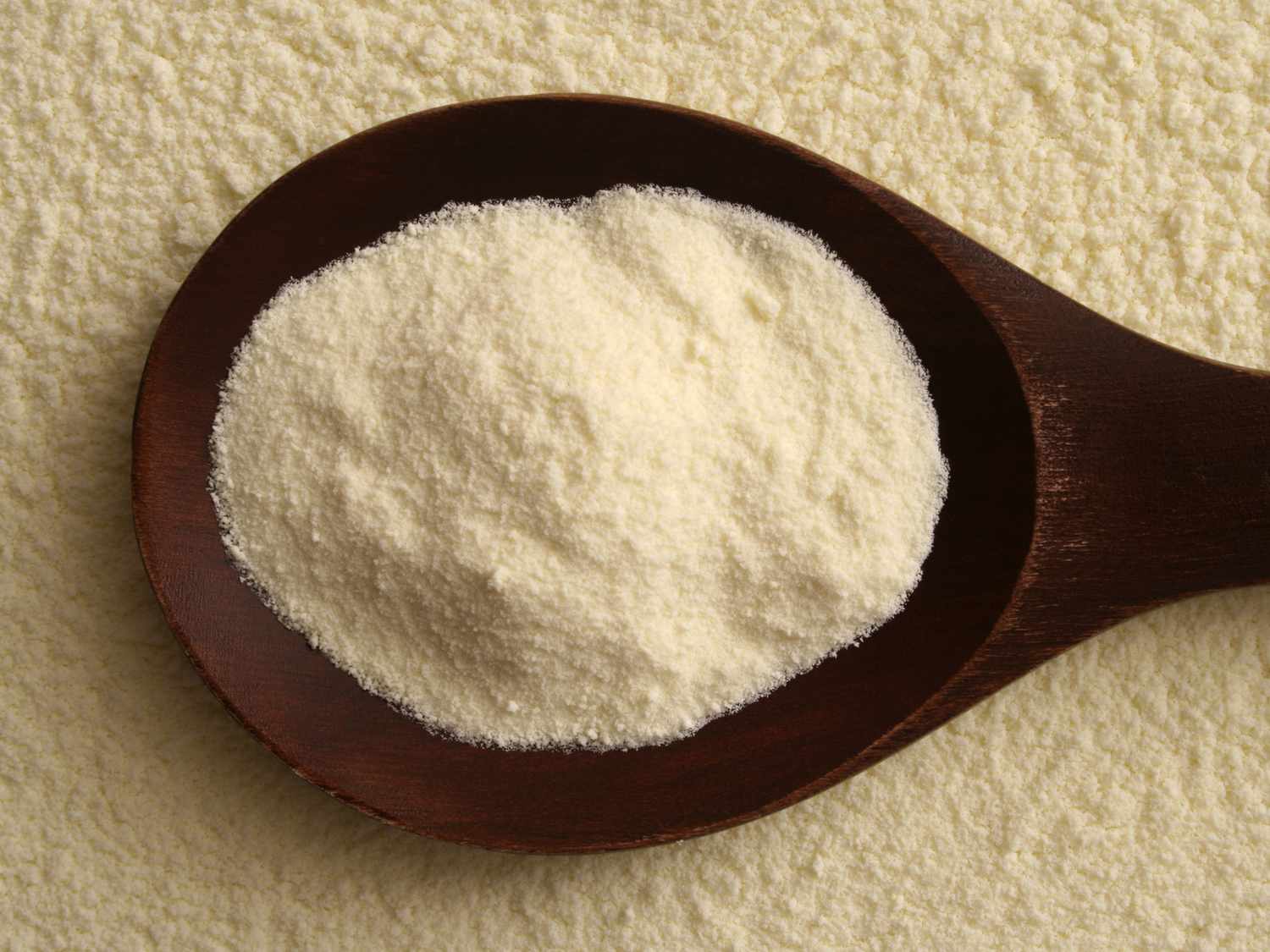
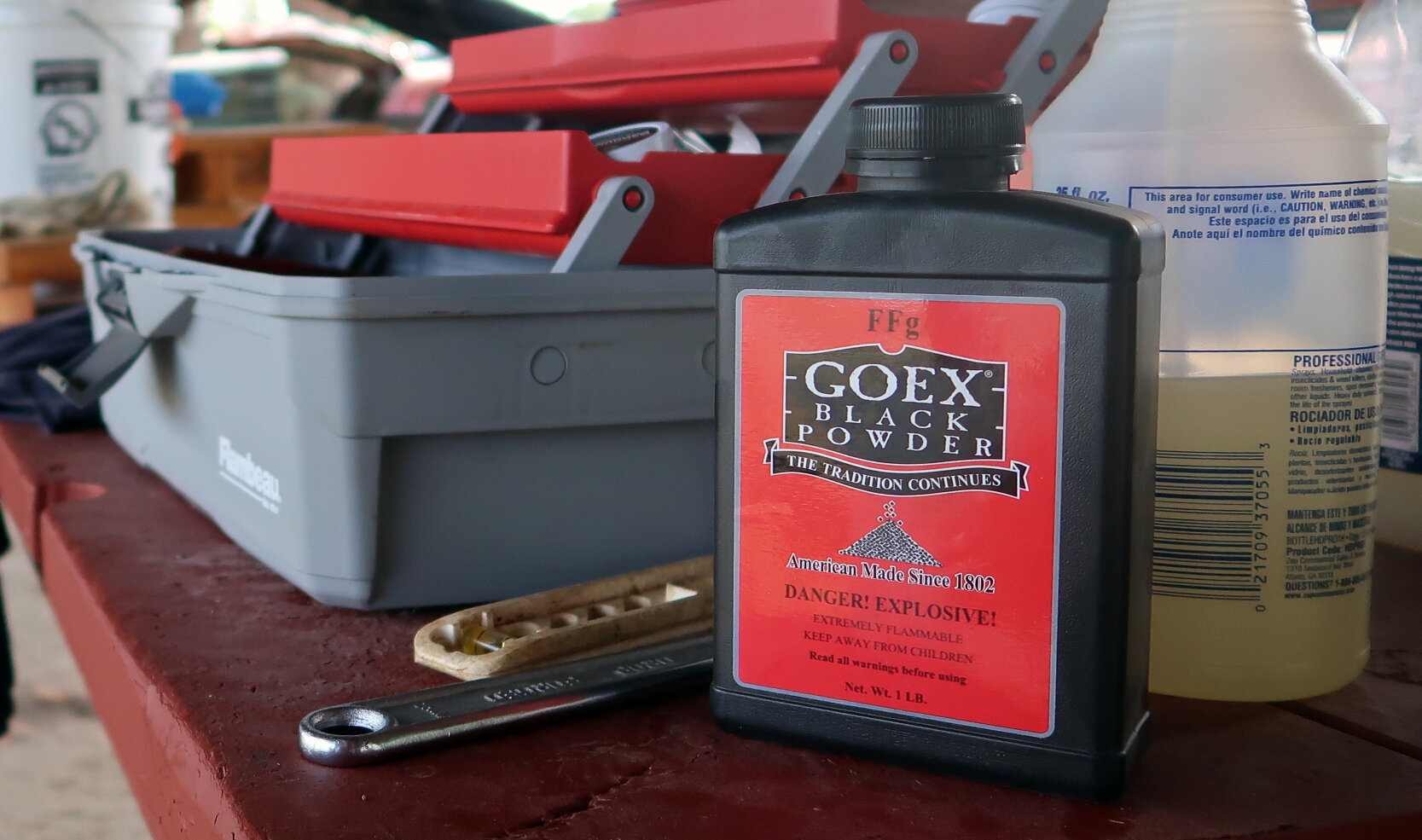
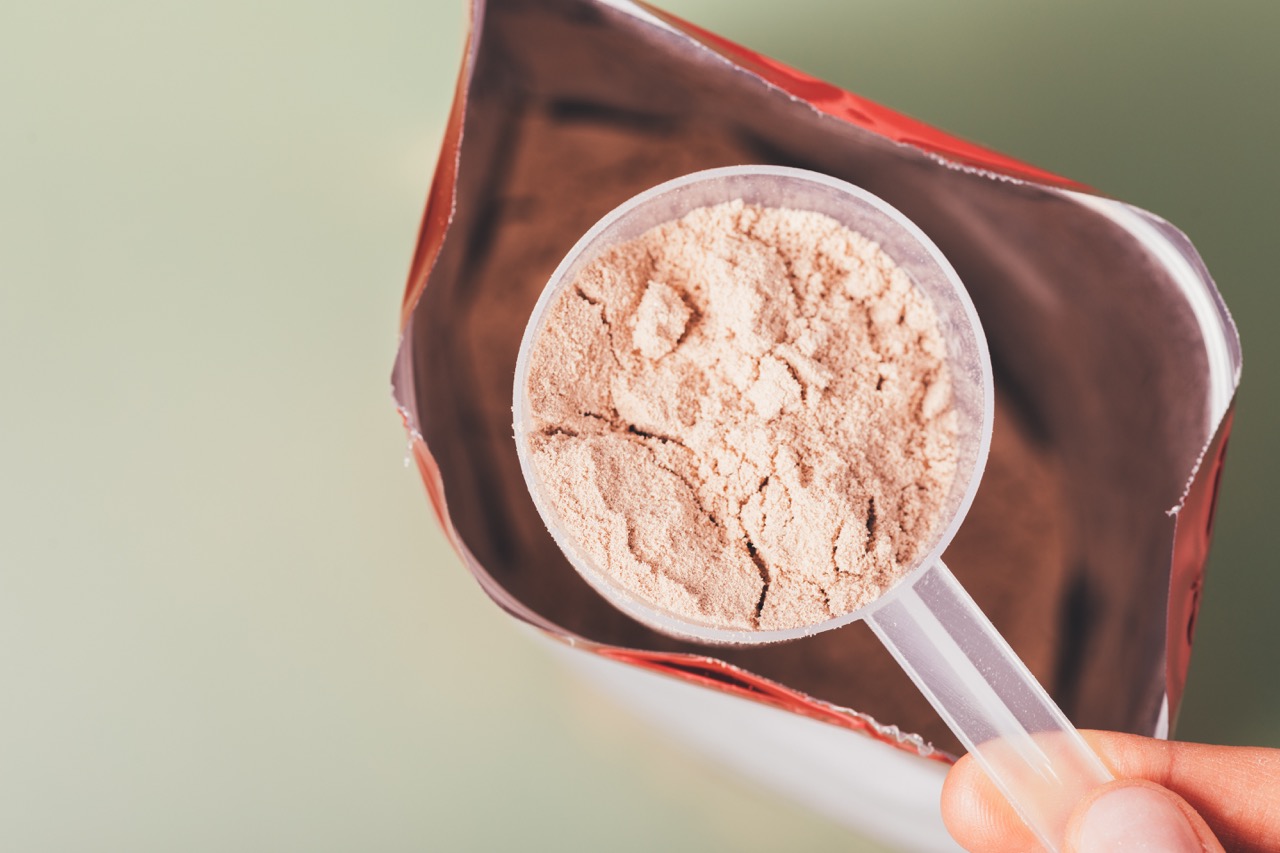
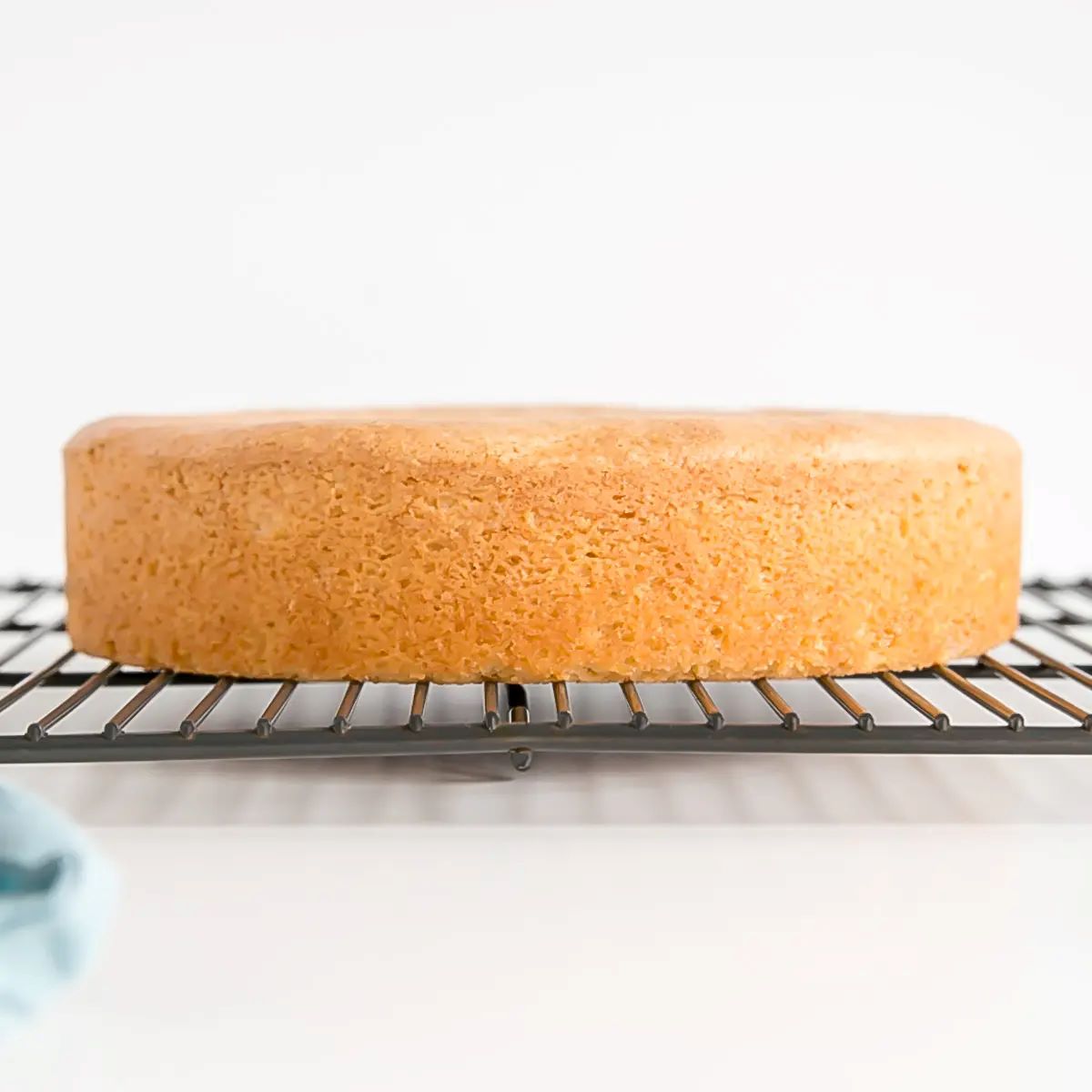
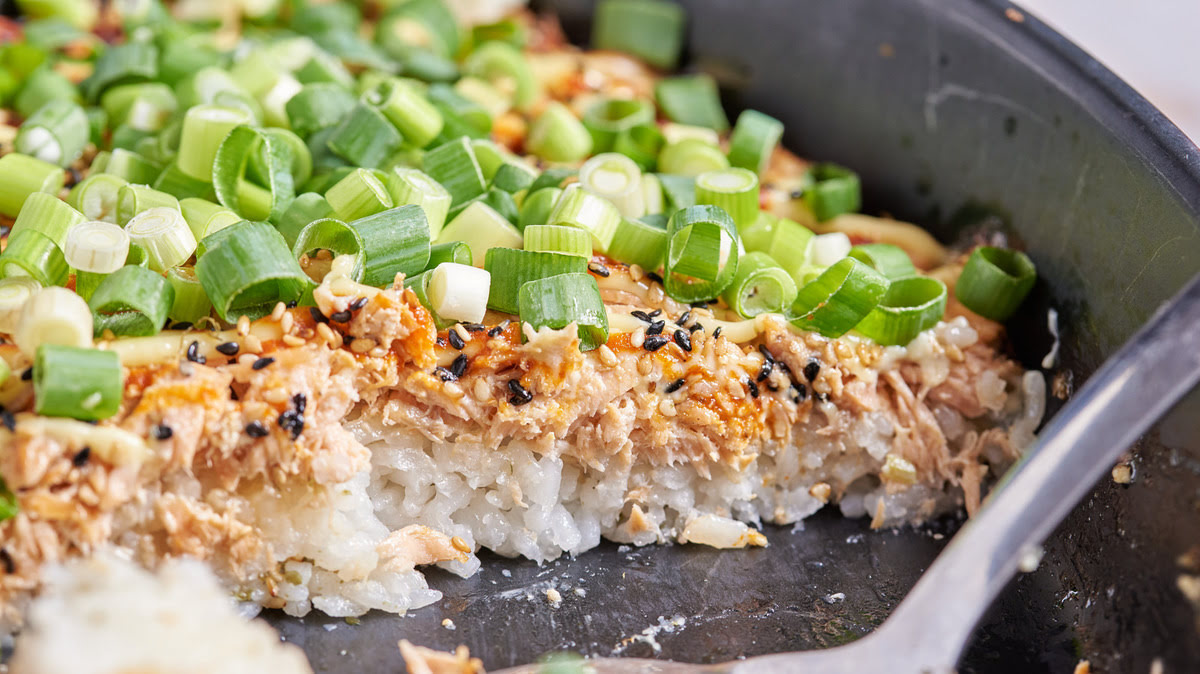

0 thoughts on “How To Store Baking Powder”